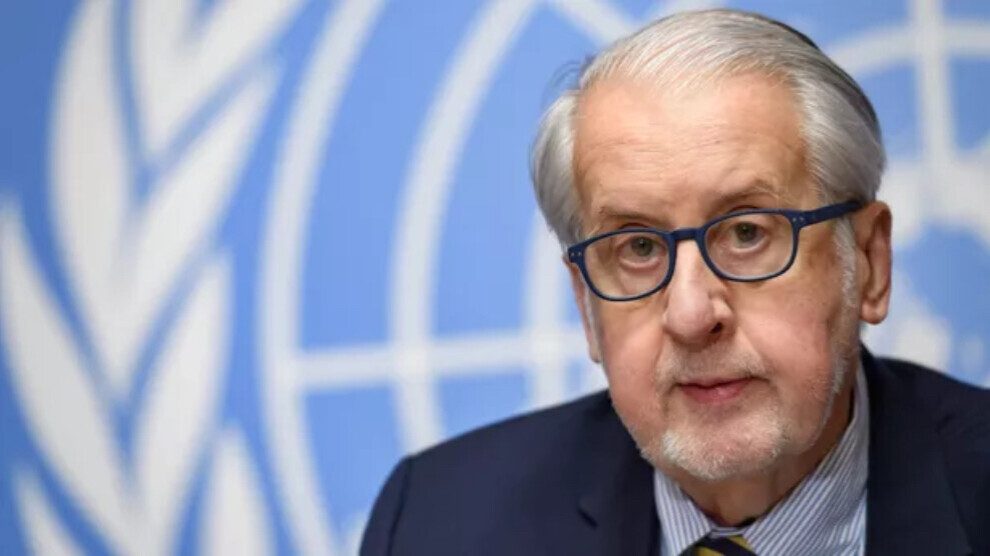Parties to the conflict in Syria committed widespread human rights violations and abuses in the months leading up to the most devastating earthquakes to hit the region in more than a century, continuing a decade-long pattern of failures to protect Syrian civilians, the UN Syria Commission of Inquiry said Monday after launching their latest report on the country’s crisis.
The response to the recent massive earthquakes was characterised by additional failures that hindered the delivery of urgent and life-saving aid to northwest Syria. These failures implicated the Government and other parties to the conflict as well as the international community and the United Nations. They failed to secure agreement on an immediate pause in hostilities. They failed to allow and facilitate life-saving aid through any available route, including rescue teams and equipment in the vital first week after the earthquake. Syrians felt abandoned and neglected by those supposed to protect them in the most desperate of times. Many voices are rightly calling for an investigation and for accountability.
Today, the UN Commission of Inquiry on Syria launched its latest report just ahead of the 12th anniversary of the Syrian crisis, documenting ongoing violations of human rights and humanitarian law throughout the country in the last six months of 2022, including the particularly appalling situation for Syrians along frontlines in the north and northwest.
“Though there were many acts of heroism amid the suffering, we also witnessed a wholesale failure by the Government and the international community, including the United Nations, to rapidly direct life-saving support to Syrians in the most dire need,” said Paulo Pinheiro, Chair of the Commission. “Syrians now need a comprehensive ceasefire that is fully respected, for civilians - including aid workers - to be safe. Incomprehensibly, due to the cruelty and cynicism of parties to the conflict, we are now investigating fresh attacks even in the very areas devastated by the earthquakes,” he added. These include last week’s reported Israeli attack on Aleppo international airport, a conduit for humanitarian aid.
In the immediate aftermath of the earthquake, it took the Syrian Government a full week to consent to life-saving cross-border aid access. The Government and the opposition Syrian National Army (SNA) both impeded cross-line aid to affected communities, while Hayat Tahrir al Sham (HTS) in northwest Syria refused cross-line aid from Damascus.
“We are currently investigating several allegations of parties to the conflict deliberately obstructing humanitarian aid to the affected communities,” said Commissioner Hanny Megally. “As aid is now finally increasing, it is more important than ever that they consent to impartial humanitarian relief being delivered unimpeded to those in need, whether through cross-border or cross-line modalities,” he added.
Entire communities have been destroyed, with the UN estimating that some five million people require basic shelter and non-food assistance in the Syrian part of the earthquake zone. Already before the 6 February earthquakes, over 15 million Syrians - more than at any point since the start of the conflict - needed humanitarian assistance.
The Commission will present its report to the UN Human Rights Council in Geneva on Tuesday, 21 March.
Read the full report here.















